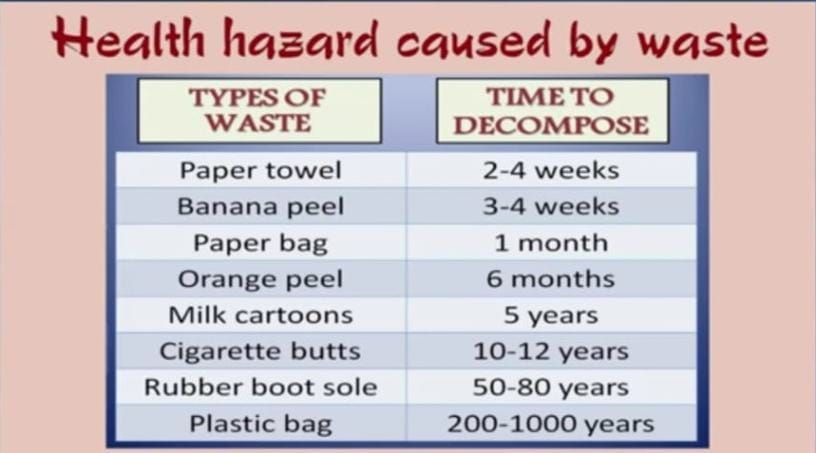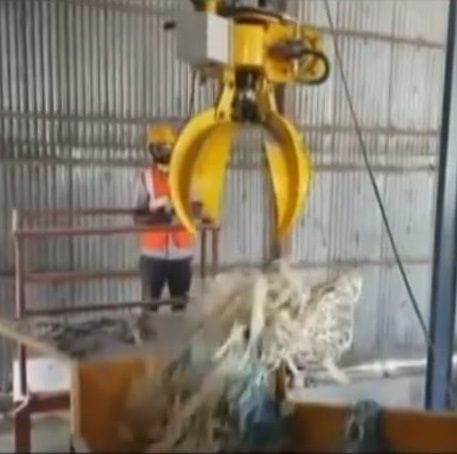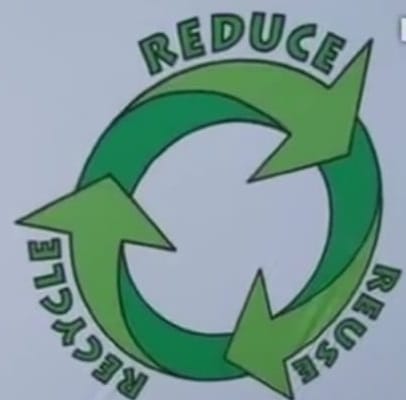you must need to know about the Waste Management and Types of Waste Management that how to prevent waste generation and how can we manage waste better? So, why we waste things because It’s no longer useful, unwanted, and worthless, we will show you the 5 ways of waste management so, first we have to define the term (waste).

Waste
Those objects that are no longer of any use to us are called waste like plastic bottles and birds feeder bottles etc.
Sources of waste
There are many sources of waste materials, but we want to discuss the seven main sources: 1) Domestic Waste, 2) Industrial waste, 3) Biomedical waste, 4) Agricultural waste, 5) Animal waste, 6) Nuclear waste, 7) Mineral waste.
Classification of waste
According to the kind of waste, three types are:
- Solid (can be easily seen)
- Liquid
- Gas
Classification of Waste according to its effect on the environment
According to their effect on the environment, two types are:
1. Hazardous
That is so dangerous for our environment. It is also very Toxic, Harmful, Inflammable, Reactive, and Explosive.
2. Non-Hazardous
So, these are not dangerous and have no risk to our environment.
According to their properties, two types are:
- Bio-degradable (Organic)
- Non-Biodegradable (cannot be broken down by microbes)

What are the 5 ways of waste management?
Various methods can be used for the conservation of nature but for sustainable use of resources we should act upon the principle of 5r (ways for waste management) which are:
R1: Reduce
- We should use the natural resources less and should not waste them.
- We should use this principle in different places in our daily lives.
- We should not waste water, electricity fuel, etc.
- We should turn off the tap when not in use.
- We should bathe with a bucket instead of a shower.
- The lights and fans should be off when we are not in the room.
- We should take public transport (like buses) or walk short distances instead of using motor fuel.
- We should not waste food and should give unused food to poor people.
- We should use electronic mail instead of paper.
R2: Reusing
- We should use this again and again.
- We should not throw away materials such as glass containers, plastic bags, paper, cloth, aluminum foils, etc.
- These materials should be reused at domestic levels rather than being thrown away.
- It also reduces solid waste pollution.
R3: Recycling
The use and reuse of material in the living world is called the recycling of waste. Paper, plastic, glass, etc. can be recycled. This decreases the volume of refuse and helps in the conservation of natural resources.
R4: Regulation for management of waste materials
We throw away waste anywhere industrial dump waste in open spaces. To control this, we need rules and regulations for the management of waste materials.
R5: Repairing
Repairing Is fixing broken items or materials such as furniture and electronic devices so that they can be used again. So, various biological, chemical, or mechanical methods are used to Remove the pollutants and also need to change the character or nature of the waste to reduce its hazardous effect and make it safe for subsequent handling and disposal.

Importance of waste management
To prevent the spread of disease and pollution to keep our environment clean and habitable to reduce its hazardous effects and to make it safe for subsequent but not all types of waste require treatment like disposal things. So, Disposal means elimination or complete removal of the waste and it is done by Burial and Burning.
Transportation
Transportation means the Physical movement of waste and a variety of vehicles are used and Helps to maintain hygienic conditions. Containers should be leakproof and well-labelled.
Why do we need to study about waste?
If we leave these waste materials uncared then it will cause serious health hazards. Many aquatic animals die every year because of plastic bag litter. Health hazards are also caused by waste, many terrestrial animals eat plastic from dumping sites, and Pollution is also caused by waste like Air, Water, and Soil.
